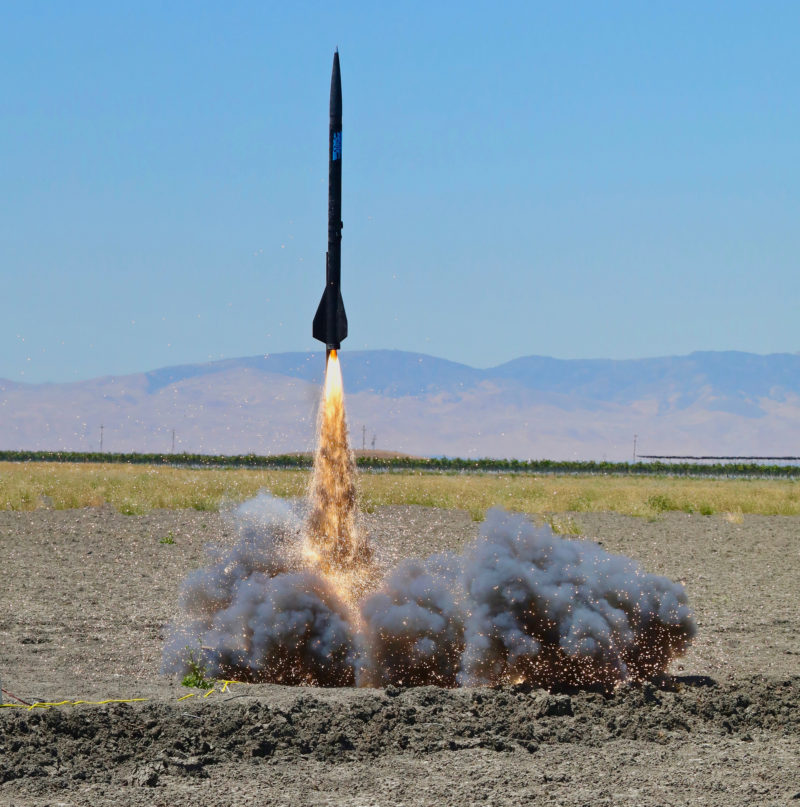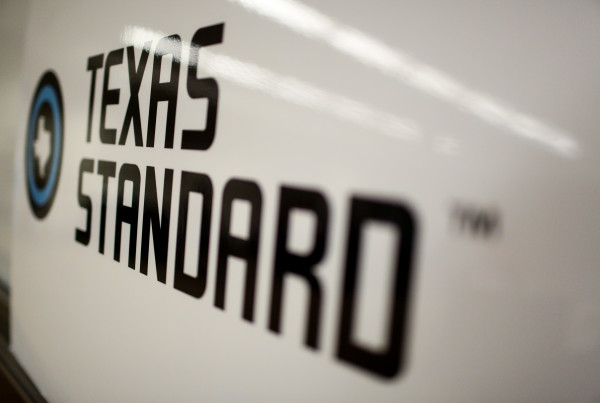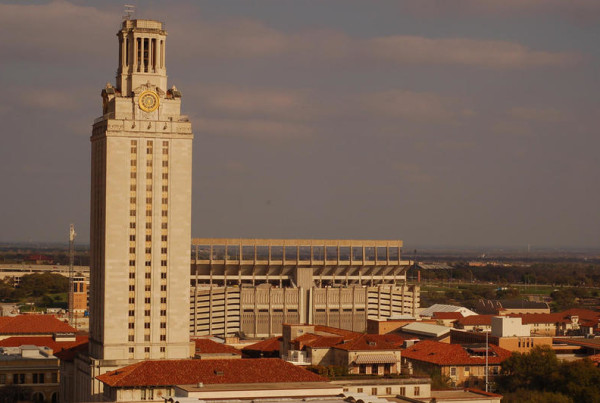We’ve all heard of state tax incentives determining where movies, TV shows and manufactured goods are made. But what about a tax on rocket launches?
The state of California is considering a tax on rockets launched from their soil into the internationally recognized “edge of space.” This new limit could potentially send space independent explorers elsewhere, including Texas, according to space expert Mark Whittington.
“California has a tax on all forms of transportation that takes place within the state — land, air, even sea. Their tax board has decided that since commercial space flight is going to take off that they’d like to impose a tax on rocket launches,” Whittington says.
Talk of tourist space flight, which would allow most anyone with the spare cash to visit space, has been the buzzing around for awhile. The “suborbital tourist market” would allow commercial passengers to “shoot up to the edge of space, experience weightlessness for a few minutes, look at the curvature of the Earth and then return,” Whittington says.
Should the tax pass, any rocket launch that originates in California will be subject, and the proposed tax would be calculated based on how far the rocket travels.
In Texas, however, when SpaceX first looked to build a facility, local governments offered incentives rather than taxes. As a result, says Whittington, Brownsville got the bid.
In light of this, a new California tax “does set up a comparative advantage for states like Texas,” Whittington says.
Written by Taylor Jackson Buchanan.
















